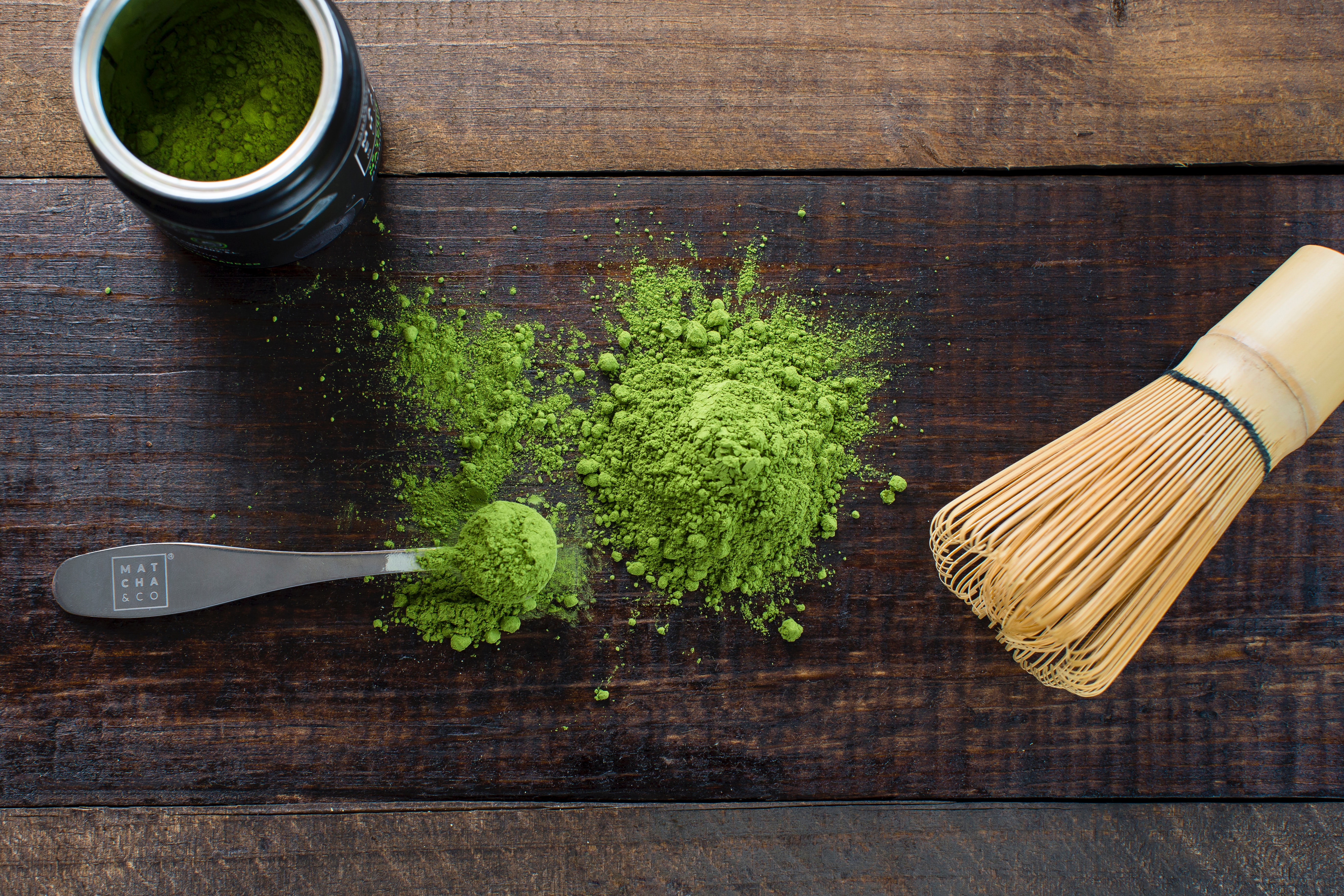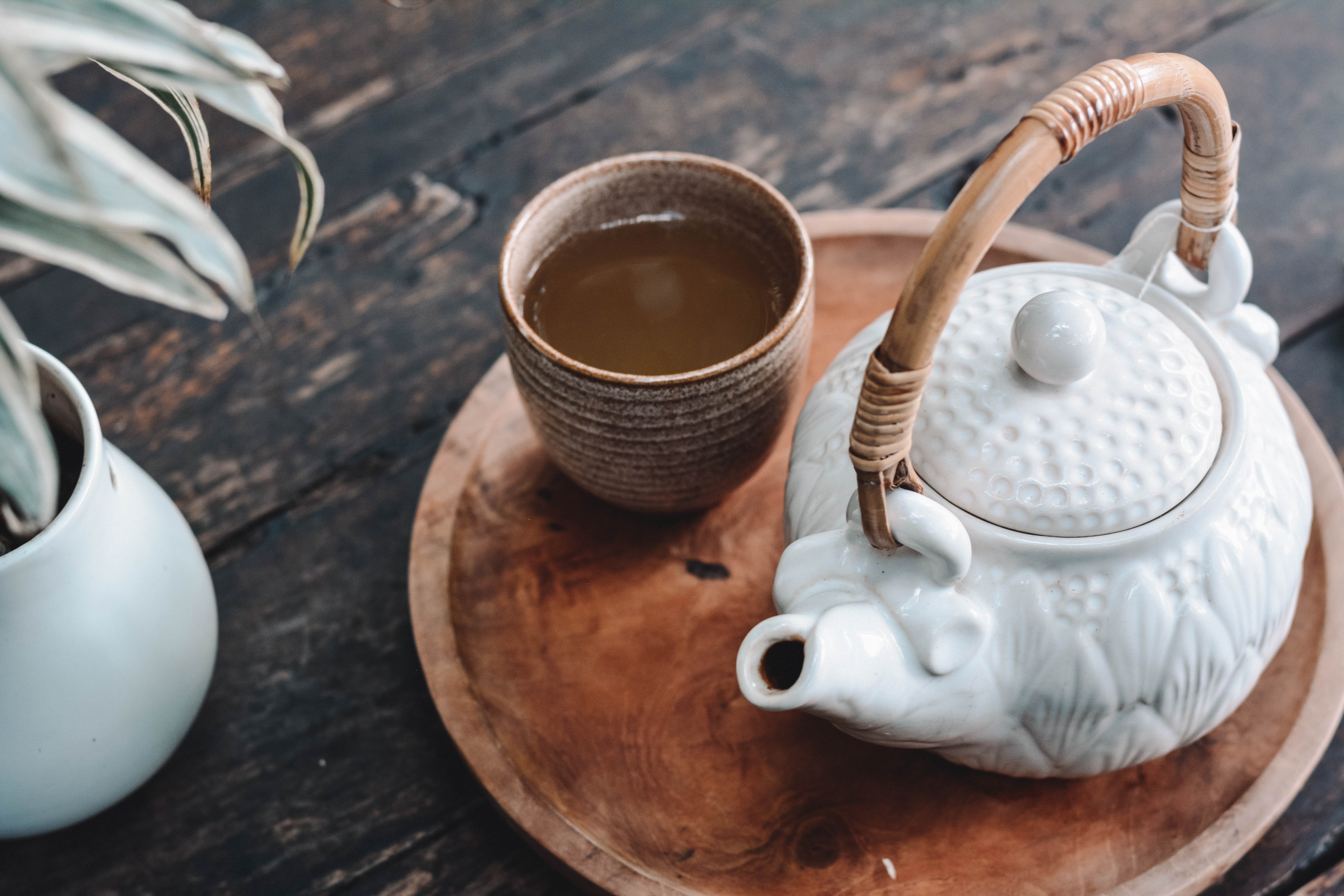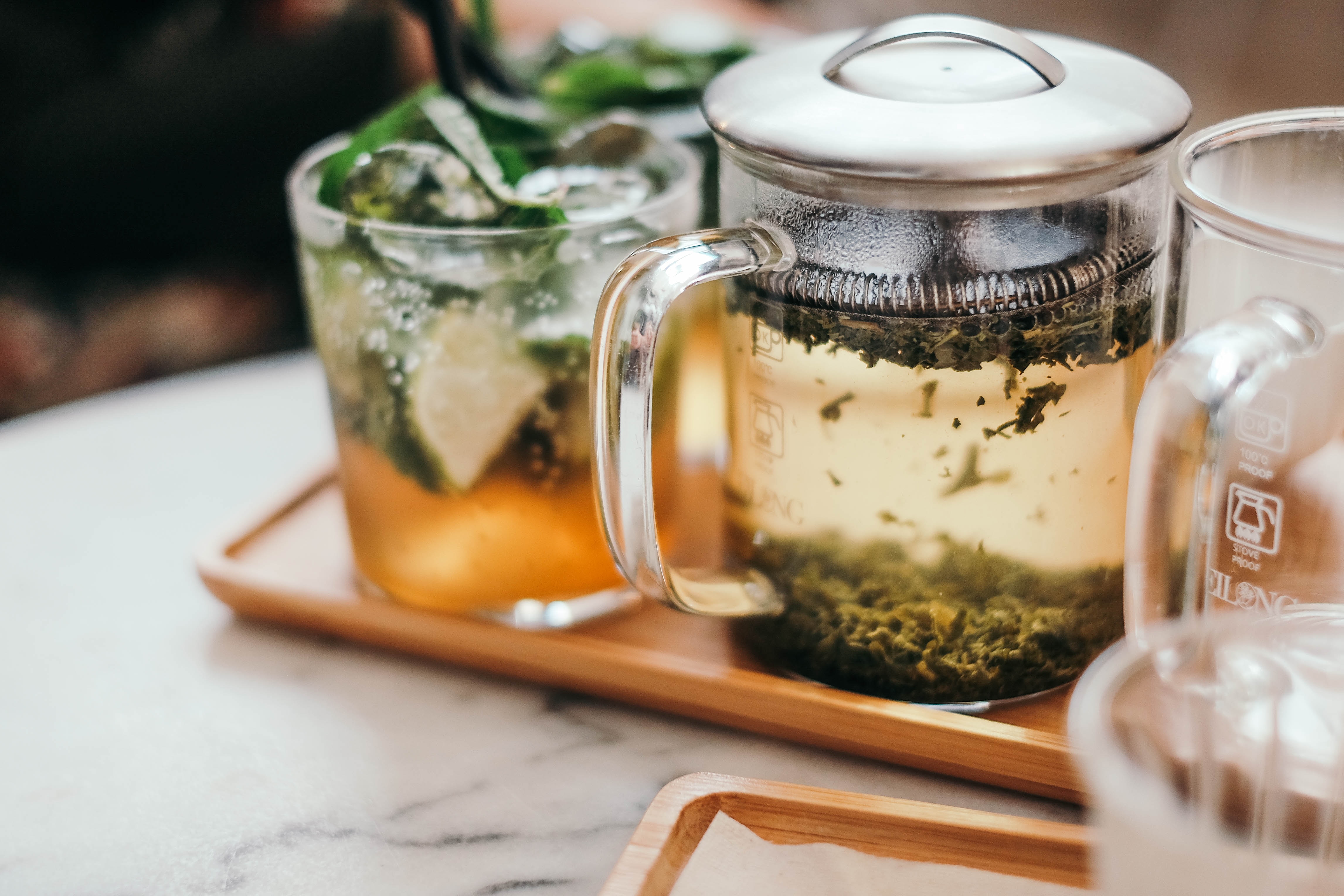Matcha (抹茶)
The history of matcha tea can be traced back to the Tang Dynasty in China (618-907 CE), where tea leaves were ground into a powder and whisked with hot water. This method of preparing tea was brought to Japan by Zen Buddhist monks in the 12th century. .


